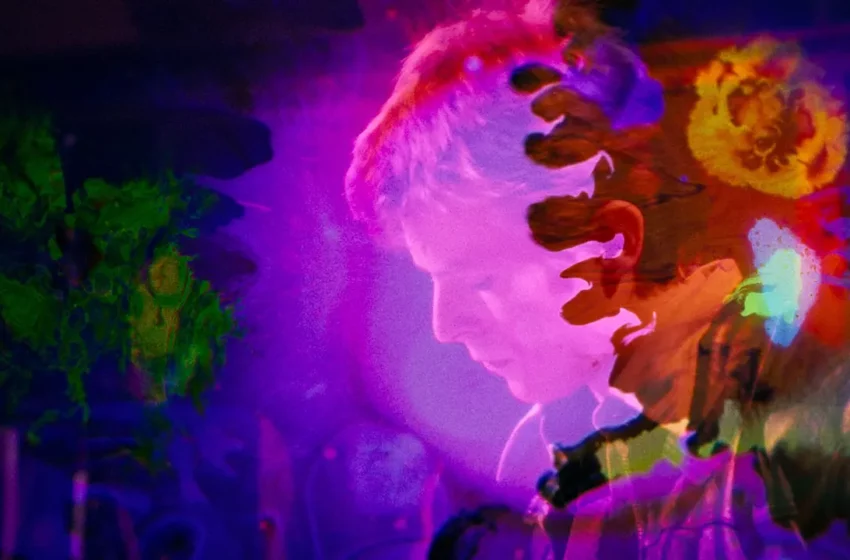
Review: Moonage Daydream
Chaos, colours, and the universe: Moonage Daydream reflects everything and more you would expect from a film dedicated to the fascinating, extravagant, and eventful life of the artist David Bowie. The release of the film marks the 6th year that we have lived without the legend that influenced the music scene in many ground-breaking ways.
Having heard the odd single and having binge watched Labyrinth while growing up, I’d still classify as somewhat of a Bowie virgin, rather than a die-hard fan. While not completely oblivious to his artistic works (Heroes was the song I chose for my college grad ceremony walk), I didn’t exactly read his biographies or watched many interviews. However, after watching the trailer of Moonage Daydream, I was intrigued to find out more about the man I saw dancing in tight leggings on my television screen countless times before.
Documenting Bowie’s path in a psychedelic and vibrant way, director Brett Morgan has produced a piece of artistic cinematography that one might struggle to rate as a classic documentary as such. Carrying little resemblance to its genre equivalents, such as Lil Peep’s memoir Everybody’s Everything, Moonage Daydream does not offer a narrator leading us through the film. Instead, we find ourselves exposed to an accumulation of interview footage, stage moments and consecutive photo collages which reveal brief moments of the artist’s journey. Due to the non-chronological sequences, the viewer, very much like Bowie was in his younger years, is at risk to get a little lost and find themselves adrift at times.
Right from the beginning, we are introduced to a scene full of surrealistic and otherworldly surroundings. Underlined by intense music, Bowie’s mellow voice and strange short-cut radio sequences, we certainly do get the feeling that, as the artist states, “all is transcendent ”.
As the movie is unfolding, we get to dive into a sea of colours which alternates with a contrasting black and white scenery. Yet the vision is certainly not the only sense; Morgan aims to stimulate during his 130 minutes of screentime. A mixture of loud vibrant noises, sometimes as pleasant as Bowie’s voice, sometimes as disturbing as a police siren overlapping with screams, mean one goes through a series of emotions while following Bowie’s creative and personal path on screen.
Throughout the film, a certain theme reveals itself: the sound effects as well as the cinematography seem to align with whichever part of Bowie’s voyage we are currently exposed to. The film begins chaotic, colourful, and vibrant, and we get to see Bowie in his radiant 20s, talking about the many personalities he’s taken on while on stage, the most famous one being Ziggy Stardust. With his iconic red hair, heavy makeup and provoking outfits, Bowie addresses his sexuality, his spirituality and his whole being in various interview scenes. Simultaneously, footage of crying and ecstatic crowds of fans serve as proof of the so-called Bowie fever. Then, a cut! In his early 30s Bowie disappears from the stages and withdraws from the public in order to overthink and process his career as well as to analyse his role in life. Three years later he’s back. His style has significantly changed and so has his music and, non-surprisingly, his audience. Chaos and colours evolve into calmness and clarity. “Content” is the word Bowie uses to explain his current stage in life.
Named after one of Bowie’s most famous songs, Moonage Daydream is a must watch for any die-hard David Bowie fan and a definite recommendation for every music buff. While a little overwhelming in terms of exposure to a mixture of unsettling noises and flashing pictures, these scenes do catch the essence of the chaotic episodes in Bowie’s life. Featuring never-before-seen interviews, we get an in-depth idea of the real David Bowie and his development through the different stages of his career. Having gone through many changes along the way, Bowie smiles and mentions that he thoroughly enjoyed his life; that he would love to do it all again. Surely, this is a statement all of us strive to make when we look back on our life at a later stage.
Featured Image Credit: The Guardian

